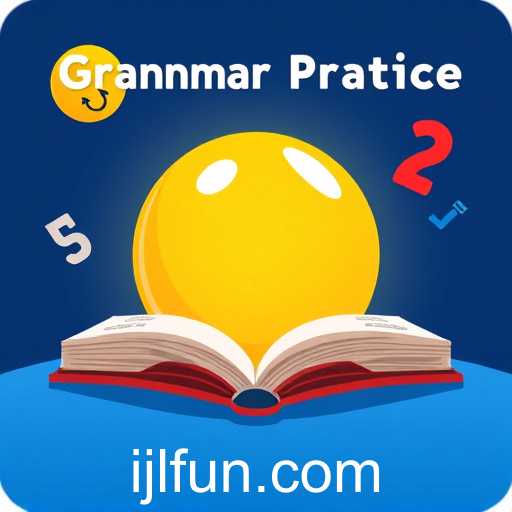In today's digital age, the way we approach learning has evolved significantly, necessitating platforms that make educational content both accessible and enjoyable. One such innovative approach is embodied in the game category 'Grammar Practice,' available under the keyword 'jlfun' on popular educational websites. This category is part of a broader effort to integrate gaming mechanics with language learning, aiming to enhance grammar skills in a fun, engaging, and interactive manner.
The core idea behind 'Grammar Practice' games is to transform traditional grammar exercises, often seen as tedious, into captivating challenges that motivate learners to improve their language skills. With interactive activities, immediate feedback, and a points-based rewards system, these games appeal to a variety of learning styles. They offer real-time diagnostic tools that allow users to identify their weaknesses and target areas that require improvement, thus providing a personalized learning experience.
This digital gamification of grammar incorporates several innovative features designed to maintain user interest and facilitate effective learning. For example, interactive quizzes, sentence construction challenges, and grammar rule puzzles fill the games with dynamic elements. This makes learning grammar resemble playing a game rather than completing academic exercises, fostering a positive attitude toward study and minimizing the rote memorization traditionally associated with grammar learning.
Moreover, 'Grammar Practice' under 'jlfun' is designed to be accessible on multiple platforms, ensuring that users can engage with the content whether they are on a computer, tablet, or smartphone. The cross-platform availability means learning can happen anytime, anywhere—an essential feature in today’s fast-paced world.
Another critical component of these 'Grammar Practice' games is the incorporation of multiple difficulty levels. This ensures that learners of all proficiency levels can benefit from the games. Beginners can start with basic exercises to build foundational skills, while more advanced users can opt for challenging tasks that refine their expert grasp of grammar intricacies.
Community features within these platforms also play a significant role in the learning process. Through forums, chat rooms, and even competitive leaderboards, users have the opportunity to interact, share insights, and challenge each other, adding a social element to what might otherwise be an isolated activity. This aspect of peer interaction not only makes grammar practice more appealing but also enhances motivation through a sense of competition and collaboration.
In summary, the 'Grammar Practice' category with the 'jlfun' keyword pushes the boundaries of how language education can be made more captivating and effective. By leveraging modern technology and gaming principles, these platforms address common learning challenges and facilitate an enjoyable, effective grammatical education. As digital learning continues to evolve, the integration of fun, engaging tools like these will undoubtedly play an essential role in equipping users with the skills they need for success in communication.








